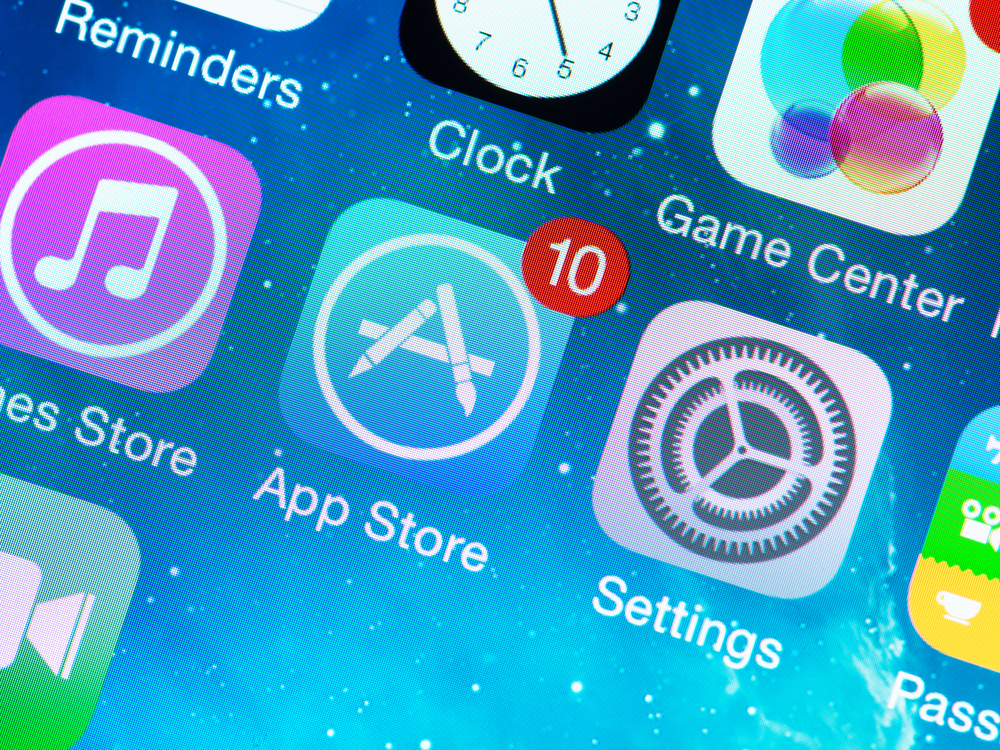

Apple has open sourced its Swift Benchmarking Suite just two months after making the Swift programming language itself open source back in December.
The company made the announcement in a Feb. 8 post on the Swift Blog. The benchmarking suite includes source code for benchmarks, libraries and utilities that are designed to help track Swift performance and catch performance regressions before they are committed, according to the post.
The suite features 75 benchmarks covering a range of Swift workloads, libraries that provide commonly needed benchmarking functions, a driver for running benchmarks and displaying performance metrics and a utility for comparing benchmark metrics across Swift versions, according to the post
Support will be added in the future to Swift’s continuous integration system for running benchmarks on pull requests, the post states. The Swift Benchmarking Suite shares the Swift project’s license.
The suite is available through GitHub. The Swift open source code includes support for all Apple software platforms—iOS, OS X, watchOS and tvOS, as well as for Linux, according to Apple. Components available include the Swift compiler, debugger, standard library, foundation libraries, package manager and REPL.
The original Swift programming language was introduced in 2014, combining the performance and efficiency of compiled languages with the simplicity and interactivity of popular scripting languages. Swift 2.0 was later introduced at the Apple Worldwide Developer Conference in June 2015 as an updated version of the language. Swift builds on the best of C and Objective-C, without the constraints of C compatibility, according to Apple. The language adopts safe programming patterns and adds modern features to make programming easier and more flexible.
The updated Swift 2.0 version provided improved performance with a new error handling API and improved support for availability checking.
The open sourcing of Swift was big for the Apple developer community, giving developers the ability to delve into the code, redistribute it, and modify or extend it as needed.
As Swift has been gaining traction among developers, Objective-C, which up to now has been the primary language for developing iOS apps, is losing steam
Originally published on eWeek.
Zuckerberg seeks to revive Facebook's original spirit, as Meta launches Facebook Friends tab, so users…
Notable development for Meta, after appeal against 2021 WhatsApp privacy fine is backed by advisor…
First sign of shakeup under new CEO Lip-Bu Tan? Three Intel board members confirm they…
Trump's nominee for SEC Chairman, Paul Atkins, has pledged a “rational, coherent, and principled approach”…
After being 'retired' by Intel's board of directors, ex-CEO Pat Gelsinger has joined a VC…
President touts easing Chinese tariffs to facilitate TikTok sale, and also implements 25 percent tariff…